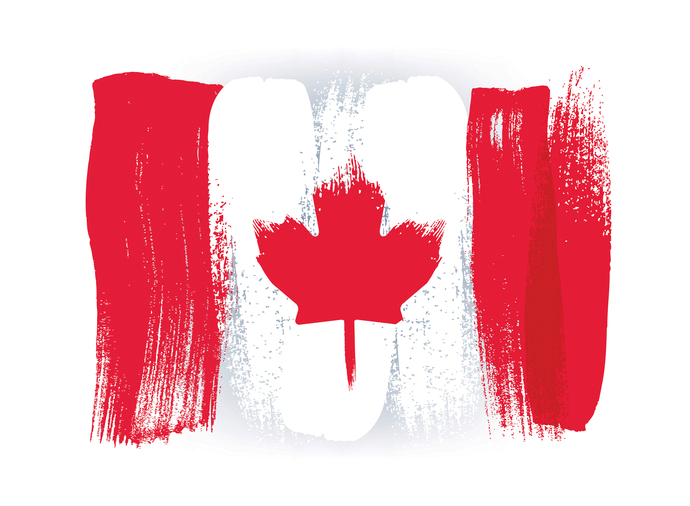 At the 2017 ECS biannual meetings, we had a total of 4,340 attendees from all over the world. Besides listening to the over 3,503 talks, and taking in 941 posters they were presented with the latest available electrochemistry and solid state science and technology products and services.
At the 2017 ECS biannual meetings, we had a total of 4,340 attendees from all over the world. Besides listening to the over 3,503 talks, and taking in 941 posters they were presented with the latest available electrochemistry and solid state science and technology products and services.
At each of the ECS biannual meetings we have an exhibition that brings together about 30 business at each meeting. The exhibit hall becomes a showcase for each company’s offerings to ECS constituents.
During the 232nd ECS Meeting this past fall, we met with a few of our long time exhibitors to ask them why they come to ECS meetings. They told us that ECS meetings allow them to connect with current customers and to form new relationships. Exhibitors use the opportunity to answer questions and gain feedback from the scientists and engineers who are actually using their products in labs around the globe. And, in some cases, they have formed lasting friendships. More than one exhibitor described each meeting as a family reunion.



 New research stitches together the best parts of several different bacteria to synthesize a new biofuel product that matches current engines better than previously produced biofuels.
New research stitches together the best parts of several different bacteria to synthesize a new biofuel product that matches current engines better than previously produced biofuels. On Thursday, December 14, from 12:00 pm to 1:00 pm EST, ECS President Johna Leddy and ECS Transactions Editor Jeffrey Fergus will answer your questions about open science, the
On Thursday, December 14, from 12:00 pm to 1:00 pm EST, ECS President Johna Leddy and ECS Transactions Editor Jeffrey Fergus will answer your questions about open science, the  The
The  New research indicates that poplar trees could be an economically viable biofuel material.
New research indicates that poplar trees could be an economically viable biofuel material. Graduate students in the U.S. are fighting the House Republican proposed tax plan, demonstrating protests and walk-outs in
Graduate students in the U.S. are fighting the House Republican proposed tax plan, demonstrating protests and walk-outs in